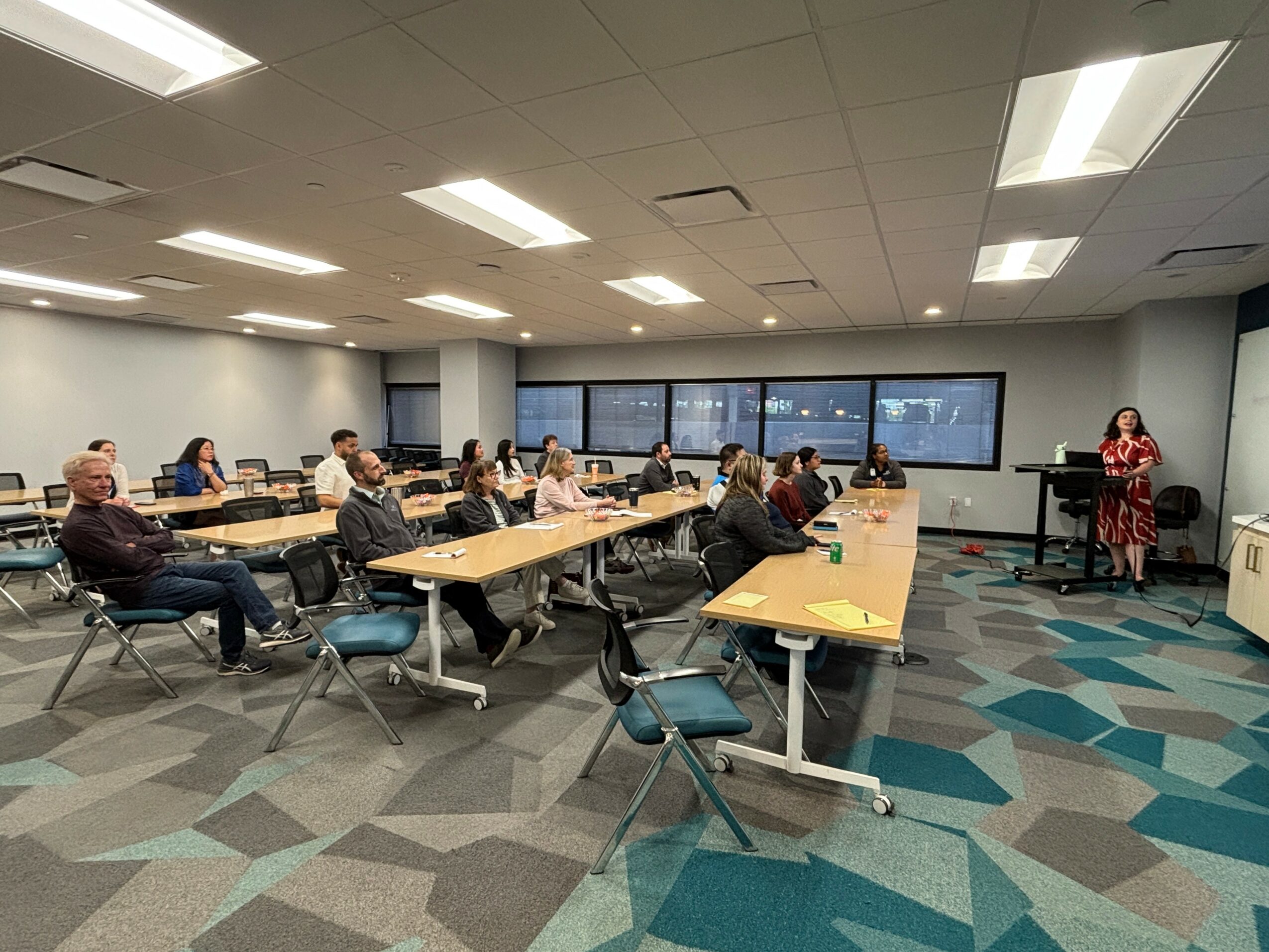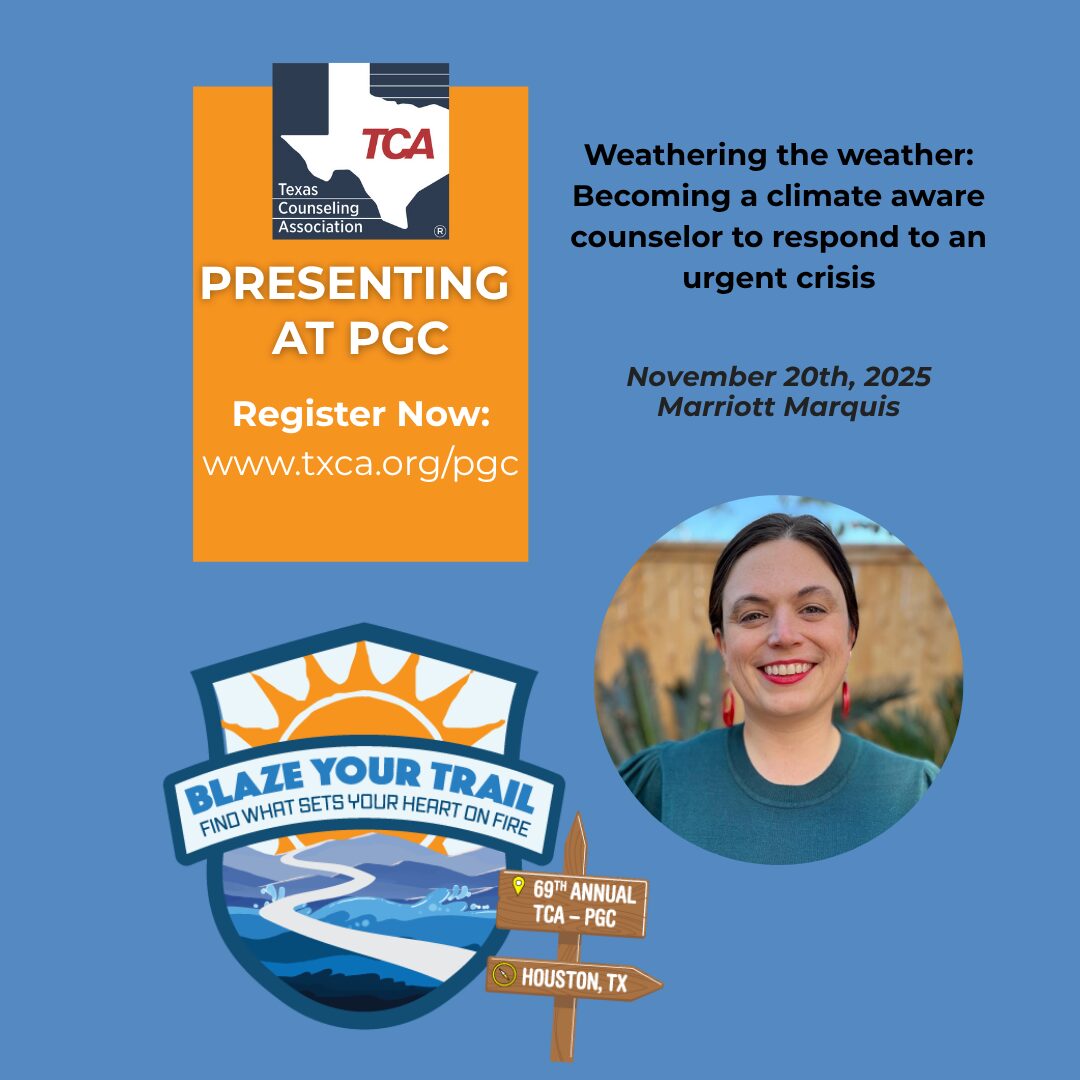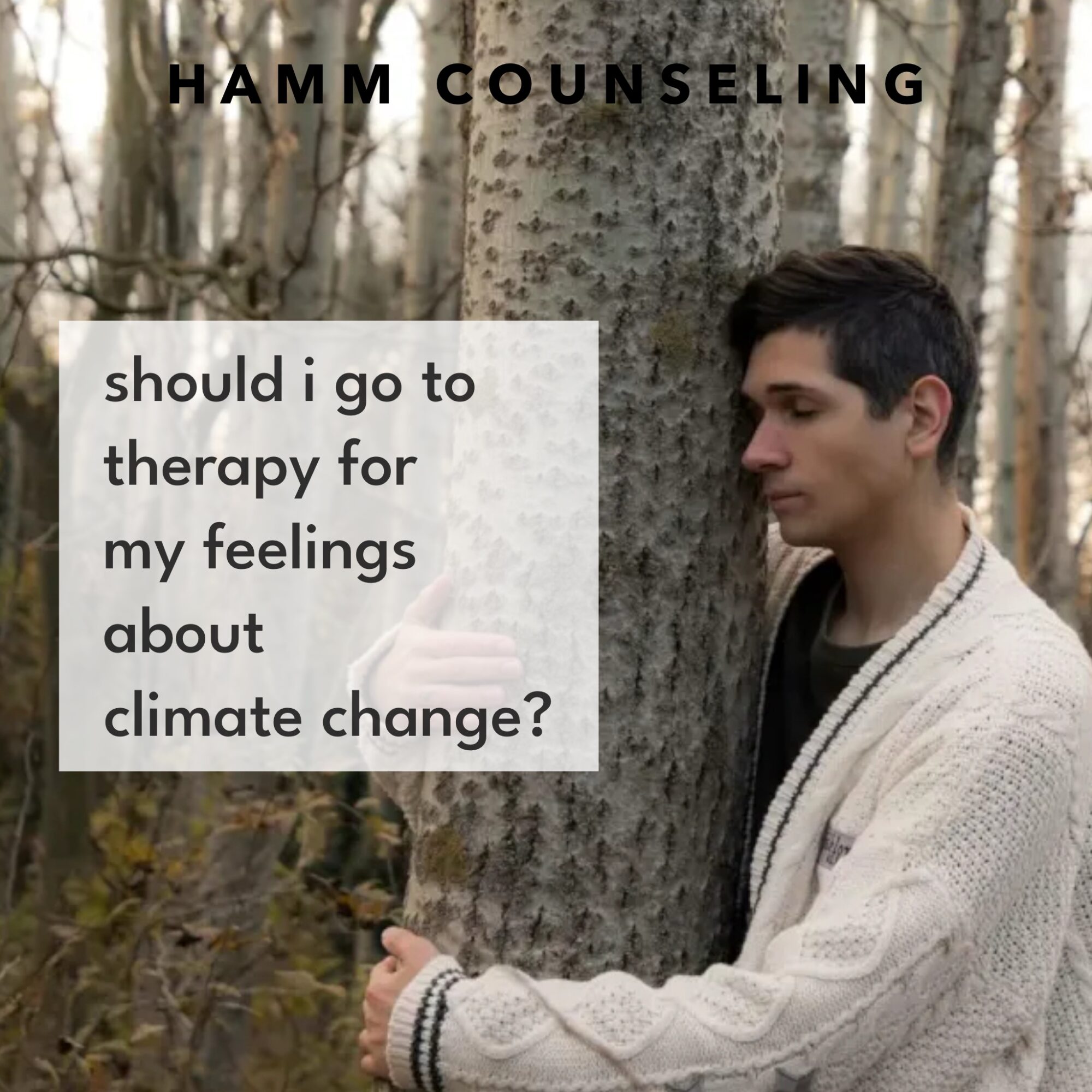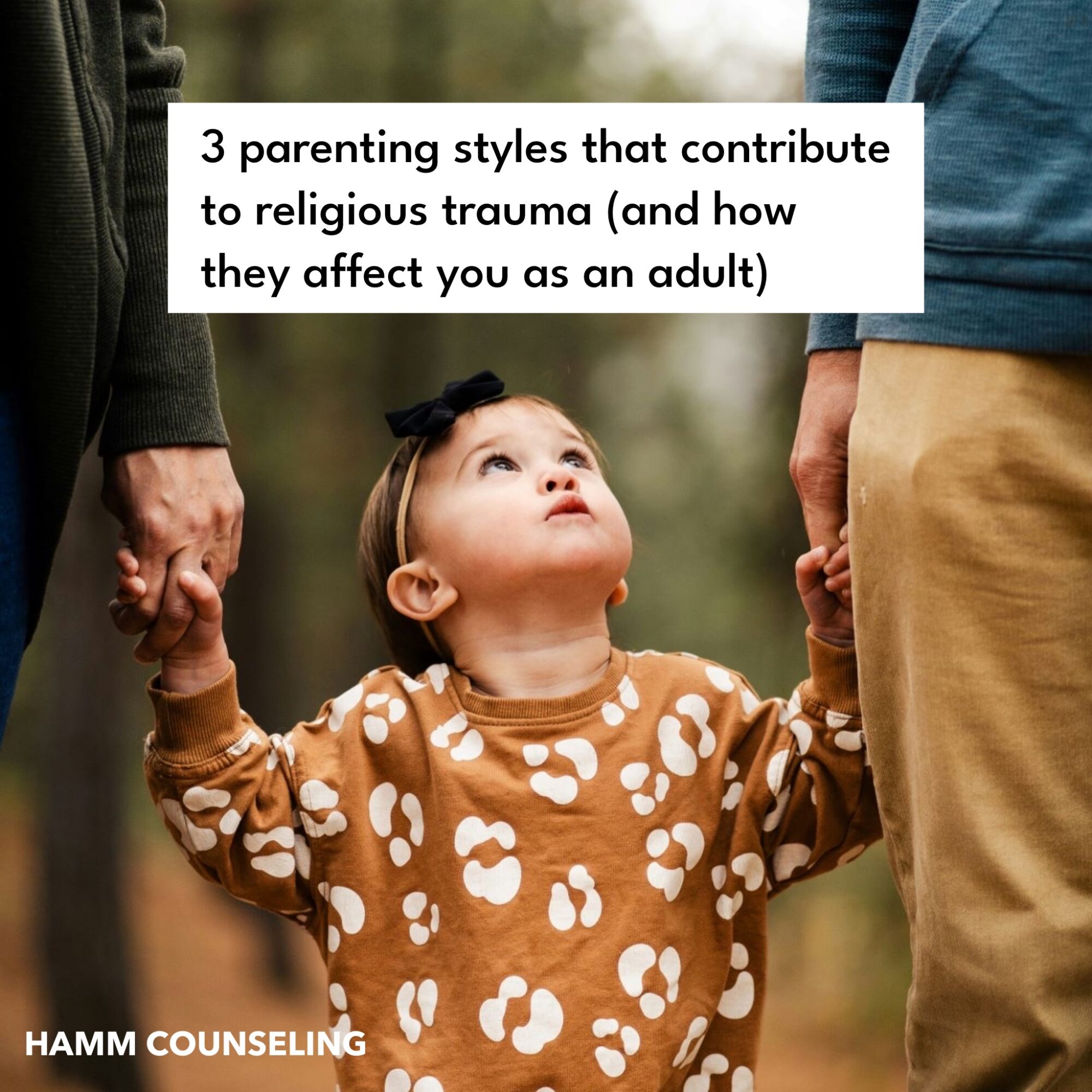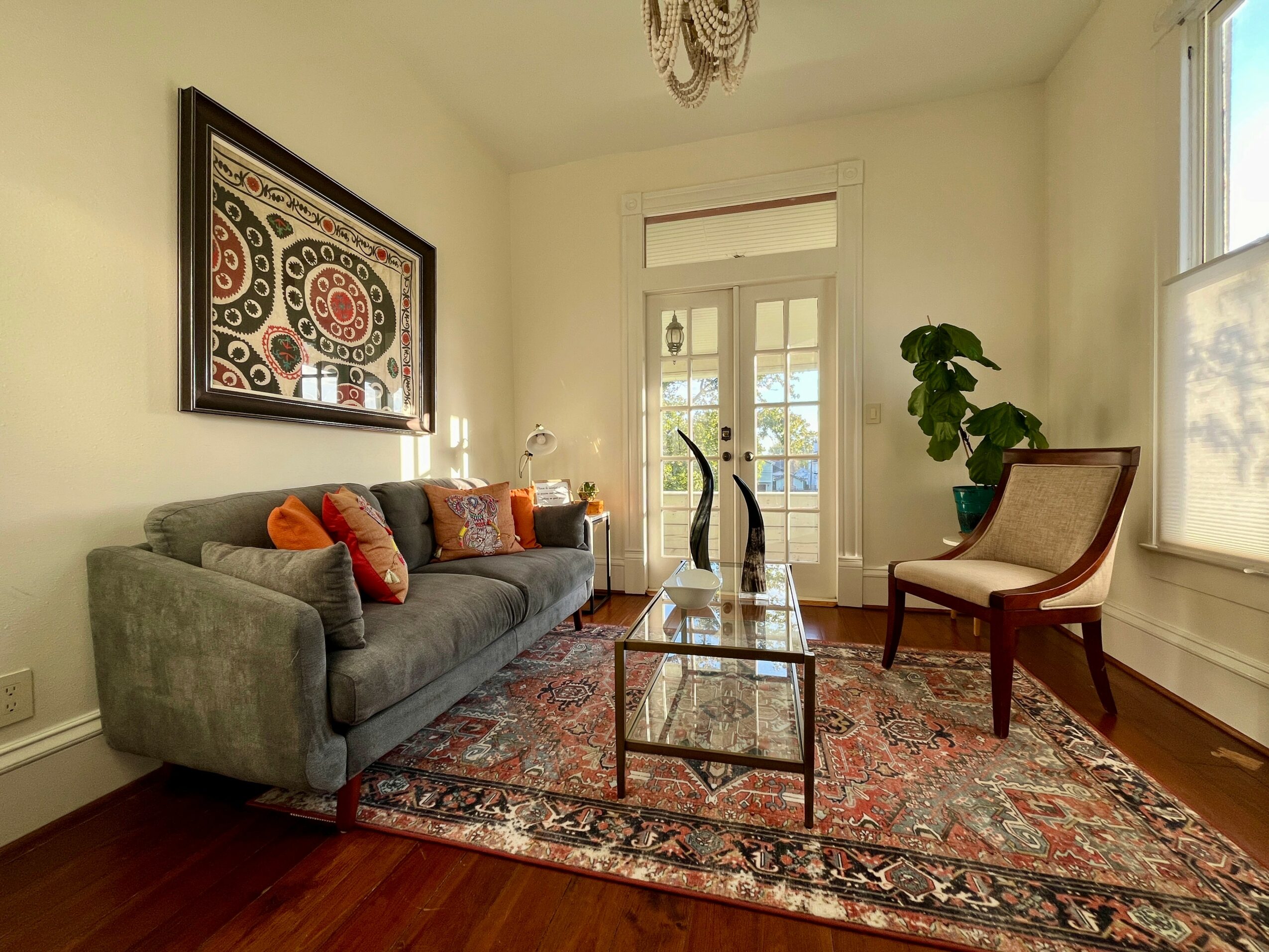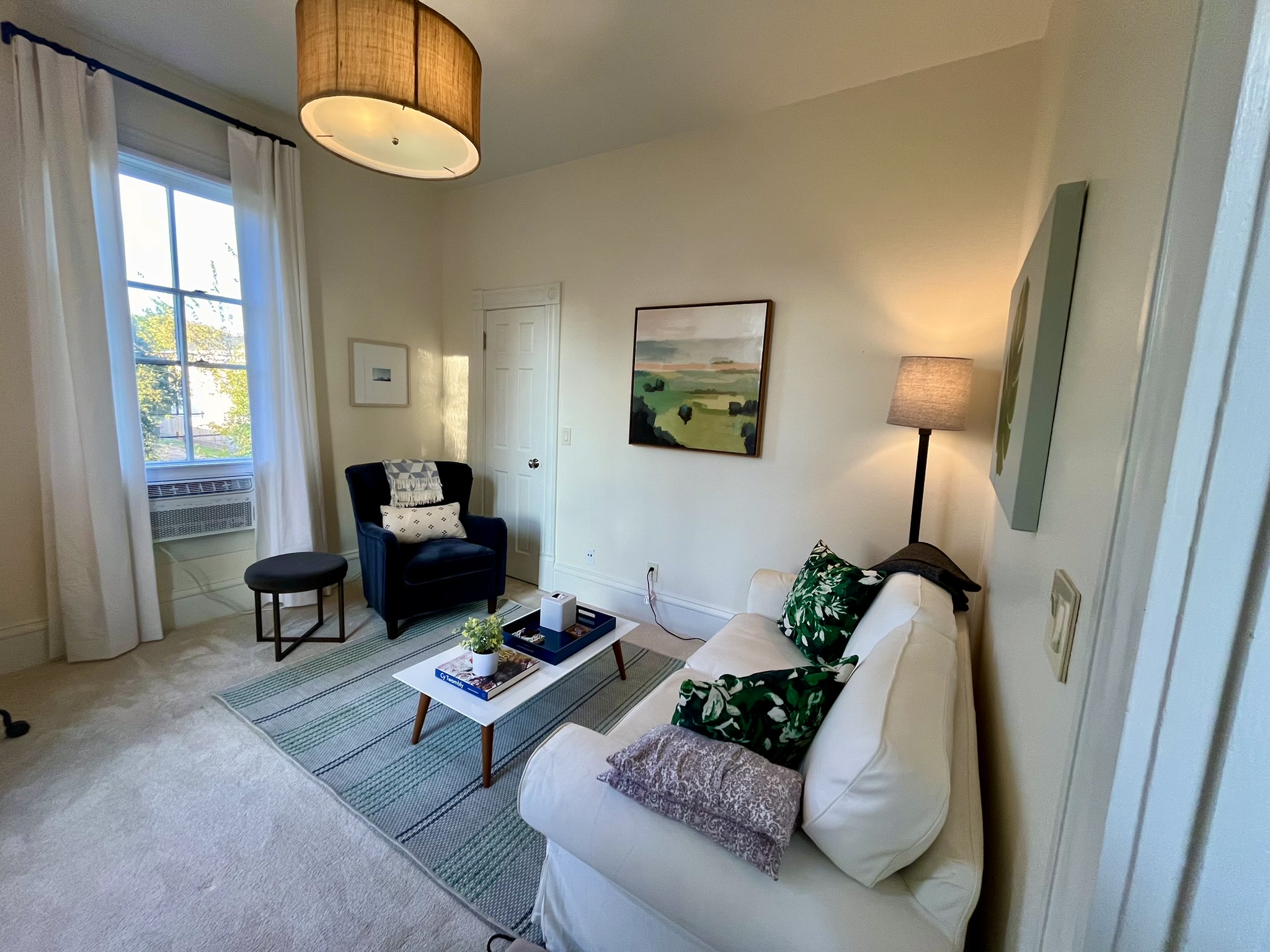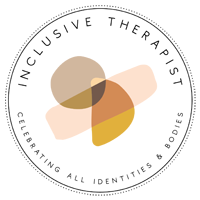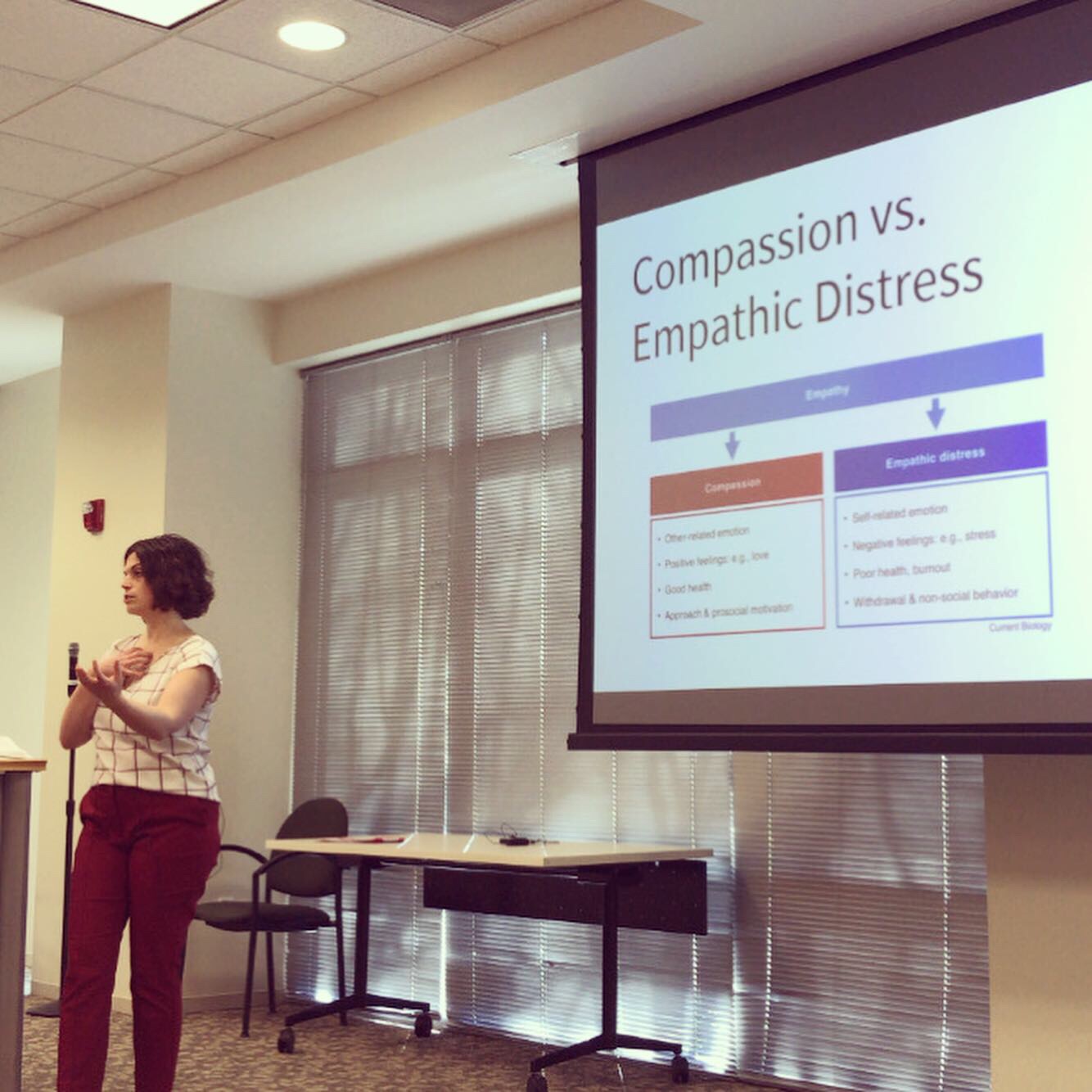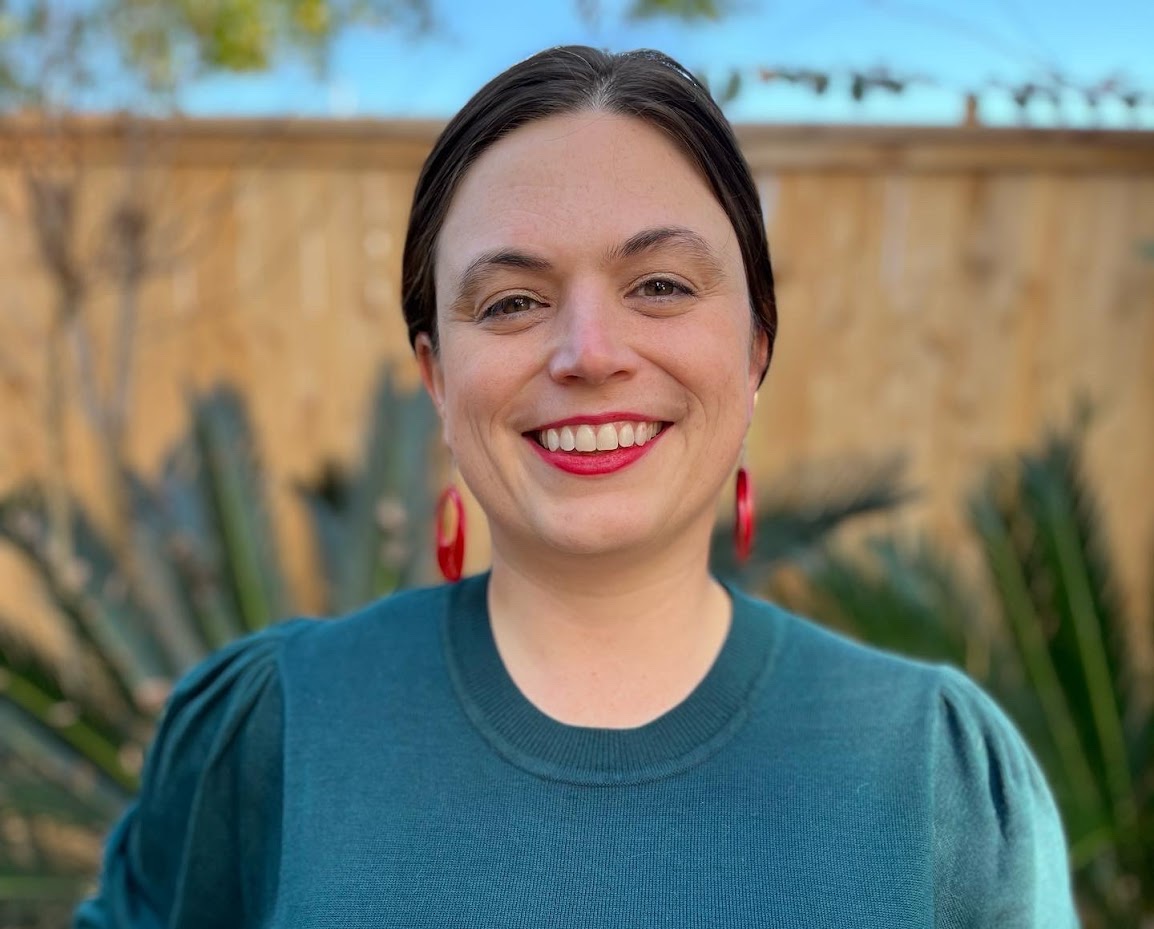

Ashley Hamm shared their story and experiences with us recently and you can find our conversation below.
Ashley, a huge thanks to you for investing the time to share your wisdom with those who are seeking it. We think it’s so important for us to share stories with our neighbors, friends and community because knowledge multiples when we share with each other. Let’s jump in: What is something outside of work that is bringing you joy lately?
Lately I’ve been having a lot of fun learning and studying Spanish. I took Spanish classes in high school and college but was never able to get to a conversational level. I recently started taking Zoom Spanish classes and I have had so much fun with them! It’s great to have something that challenges my brain in a different way than my therapy work. It’s a humbling process and requires a lot of courage to speak up while knowing I’m probably making a lot of mistakes. I love the cultural learning that comes with this process, too. Each of the teachers I’ve been learning from inevitably shares a little about their culture and the country they are from while teaching. My hope is to some day be fluent, although right now that feels like a long road ahead!
Can you briefly introduce yourself and share what makes you or your brand unique?
I am a licensed professional counselor and I run a solo private practice called Hamm Counseling, where I offer counseling in the Houston Heights and virtually over video. I specialize in counseling for anxiety, religious trauma/deconstruction, and climate change distress. I’ve been in private practice since 2018, and my approach and specialties have evolved in the years since then. My counseling practice started out a bit generic, mainly specializing in anxiety and self-esteem. In recent years, I’ve been enjoying narrowing my specialties and in the process sharing a little more about my unique interests and values. For example, I love helping people who are navigating changing or leaving their religion, or examining how their religious upbringing has impacted them. Some of my clients grew up in environments where they internalized rigid religious rules, and they want to unlearn this rigidity and find a kinder relationship with themselves. I also specialize in climate change distress, which is a growing specialty among therapists who realize that many people are navigating intense emotions around our warming climate and all the consequences that has brought and will bring in the future. In addition to offering one on one therapy, I enjoy offering workshops to companies and organizations around burnout prevention, stress management, and a variety of other topics related to my specialties.
Great, so let’s dive into your journey a bit more. What part of you has served its purpose and must now be released?
The part of me that has served its purpose and must be released is my determination to achieve at all costs. I look back at my life’s path and see how I have really persevered through a lot of stress to get to the place I am today. As a young adult, I prided myself on being able to endure a lot of stress without breaking. My first job was in stage management in theater, and it required long hours and involved a lot of stress and responsibility. Nowadays I lead a much gentler life, and I allow myself to have limits on the stress I take on. I really appreciate that I now have this freedom to work more slowly and deliberately, but I also see how the earlier parts of me helped me push through stress to get here. Building a private practice is hard work and requires a lot of investment on the front end to build a name and reputation, but it also opens up some freedom around working in a sustainable way. I keep a small caseload (relative to the average counselor) and this allows me to give each client all my attention and really be present with what they bring to our counseling sessions. It also allows me to take care of myself and have time for a well rounded life.
When did you stop hiding your pain and start using it as power?
As a counselor, I was taught in grad school about the importance of being a “blank slate” for my clients. This meant I was encouraged to share very little about myself to allow my clients to not be distracted by me and focus on their own healing. I still see a lot of value in the idea behind this, but I’ve recently also opened up to the idea that sharing a little about my own pain allows my clients to see me as human and understand that I won’t bring judgment into our work. In particular, I have recently been more open about my upbringing in a conservative Catholic environment and how that impacted me. As a child, I internalized some rigid rules around religion that turned into anxiety and guilt for me. I thought that in order to be accepted and loved I had to be perfect all the time and never mess up. I also took on the role of being helpful at all costs – I believed my purpose in life was to help others, even if it came at my own expense. As an adult, I’ve unlearned many of these internalized beliefs and have a kinder, more accepting relationship with myself. While I still love helping (I am a counselor, after all), I have stopped making it my sole identity and I’ve learned to have boundaries and limits around how I help others. I believe that being more open about my own background has allowed my clients to feel comfortable sharing their own complicated feelings around their religious experiences. I view this as a power because I’ve learned how to make my role as a counselor more human and authentic, rather than bland and robotic.
Next, maybe we can discuss some of your foundational philosophies and views? What are the biggest lies your industry tells itself?
The biggest lie my industry tells itself is that we didn’t get into this for the money. I believe this is a toxic belief in my field that leads to an extraordinary amount of burnout, and often results in many leaving the field altogether. The fact of the matter is that we all need money to survive, and so of course we entered this career to make money. I understand that many of us don’t want to be greedy and selfish, but holding on to a belief that we shouldn’t care about money prevents many counselors from advocating for even a comfortable living wage. I believe that a rising tide lifts all boats, and what I would like for my industry as a whole is to demand better pay. There is a longstanding disparity between what counselors make and what other healthcare professionals make, and I believe that mental healthcare should not be devalued in that way.
Thank you so much for all of your openness so far. Maybe we can close with a future oriented question. Could you give everything your best, even if no one ever praised you for it?
I have to admit that as a counselor doing this is essential. We often don’t get a lot of feedback or public praise for our work due to the confidential nature of our work. This means that often I show up to work every day giving my all, without always knowing exactly how it’s being received or what the payoff will be. Counseling can sometimes be slow, meandering work, as well, so often I plant seeds with my clients that don’t come to fruition until much later. I’ve had many clients tell me variations of “I know you’ve probably mentioned this many times before, but I finally understand what I need to do.” Working in this field requires a lot of self-trust and self-acceptance that what I’m doing is worth it and will be worthwhile for my clients. Often I sustain my motivation by remembering how important this work is to my clients – they are often taking a brave step to be vulnerable and examine themselves, and I feel honored to be a part of that.
Contact Info:
- Website: https://hammcounseling.com/
- Instagram: https://www.instagram.com/ashleyhammlpc/
- Linkedin: https://www.linkedin.com/in/ashleychamm/
- Facebook: https://www.facebook.com/ashleyhammlpc
- Youtube: https://www.youtube.com/@ashleyhammlpc
